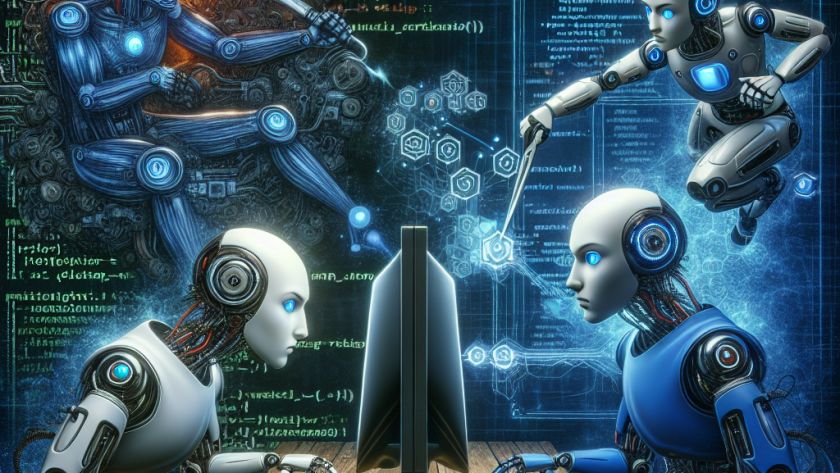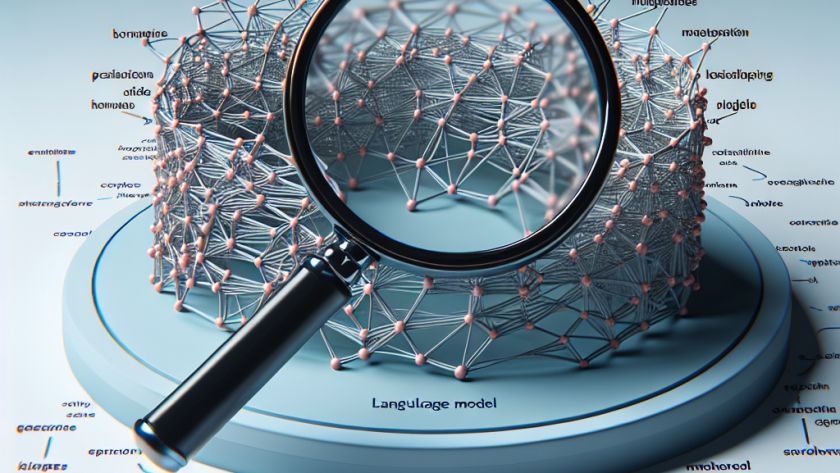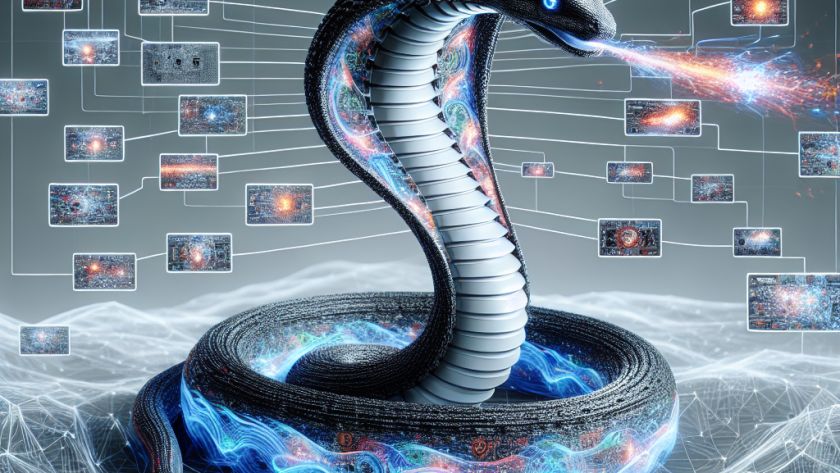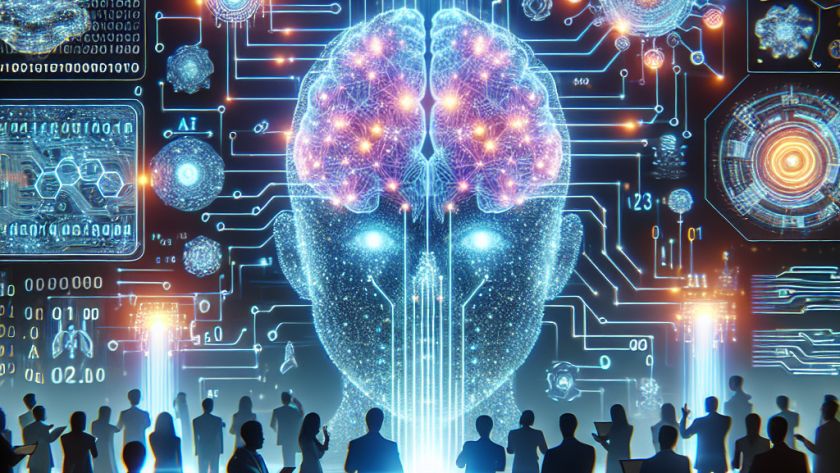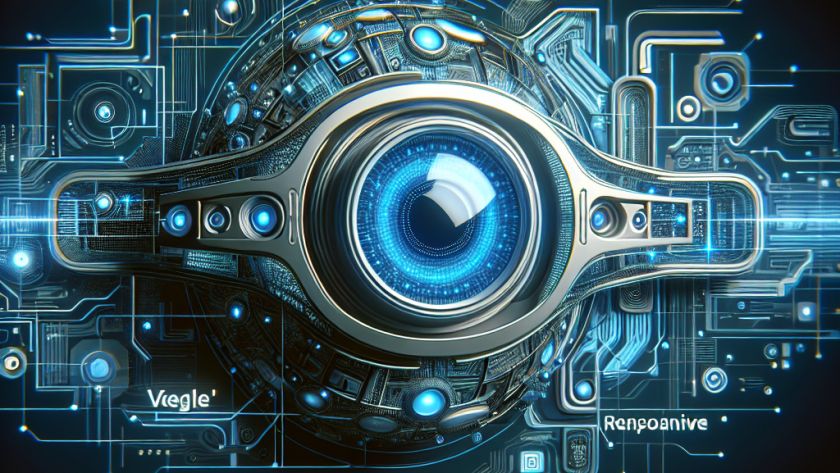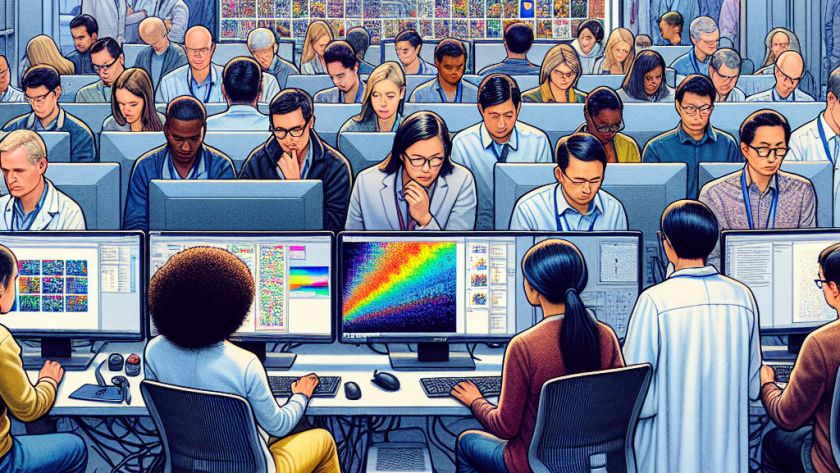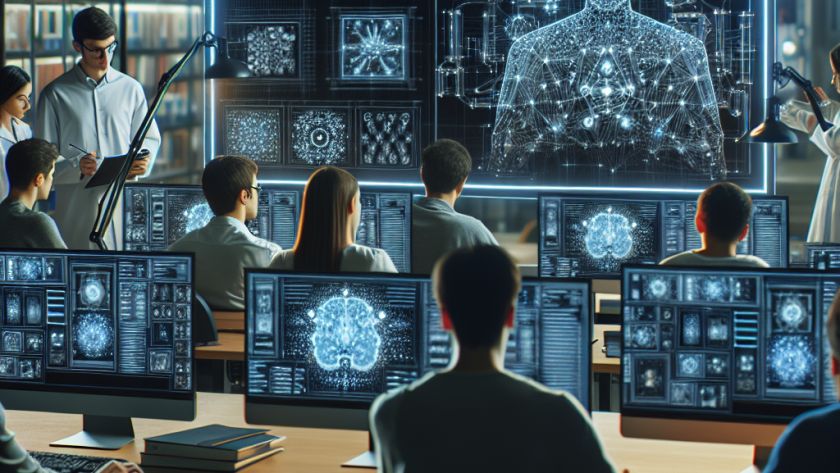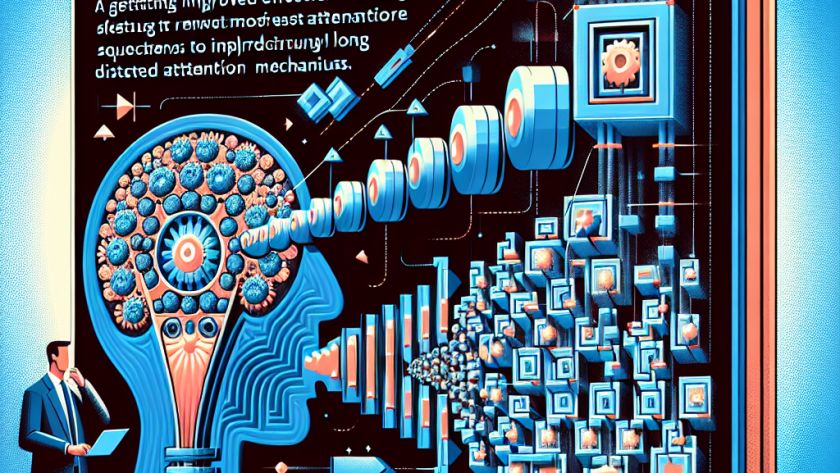In the world of software development, the decision between using GitHub Copilot and ChatGPT can play a significant role in improving your efficiency and stimulating innovation. Each tool comes with its unique set of features, advantages, and disadvantages which are crucial for developers to understand in order to choose the tool that fits their specific…
